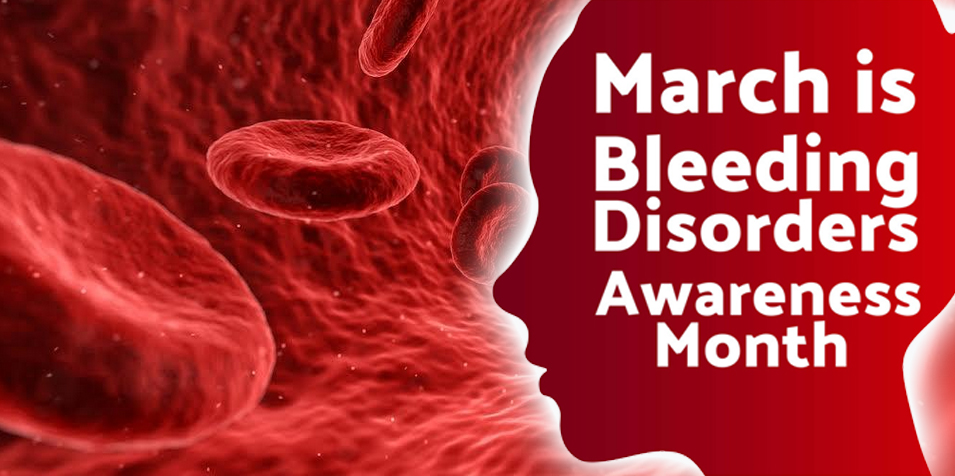Bleeding Disorders Awareness Month – Time to Update Your Medical ID Bracelet

March is Bleeding Disorders Awareness Month in the U.S. It’s the perfect time to think about you and your loved one’s medical conditions and treatments and the status of your medical ID bracelet. Health care professionals need this information to avoid costly mistakes with any new therapies.
What Are Bleeding Disorders?
Bleeding disorders cause blood not to clot properly, which leads to uncontrollable bleeding. Like all bodily functions, too much clotting is dangerous, and too little is as well. These conditions affect about three million Americans.
The most common cause of these ailments includes hemophilia and Von Willebrand disease. Hemophilia only affects males and is hereditary. An average of 400 babies are born with the bleeding condition yearly.
Treating Patients with Bleeding Disorders
There are two situations that first responders and medical staff need to know about immediately— bleeding disorders and blood-thinning medications. Both prevent clotting that can lead to excessive, uncontrollable bleeding.
Patients with hemophilia receive synthetic blood factors that help with clotting but don’t transfer viruses and other contaminants. This treatment is safe and effective. However, despite the therapy, you still need to alert medical professionals of the condition and how your doctor controls it.
Von Willebrand disease is also hereditary. But it does affect males and females, with women being more prone to the condition. Patients with a mild case or who receive an early diagnosis don’t need treatment.
But certain drugs and situations can still present a problem with excess bleeding for anyone with Von Willebrand disease. All medical providers must know about the condition, no matter how mild. Surgeries, dental work, and giving birth can still lead to bleeding complications.
The second issue, medications, is also essential. People with heart disease often take blood thinners, like Coumadin, to slow clotting and reduce the chances of a stroke or heart attack. These medications are vital for heart patients but also have dangerous drug-to-drug interactions. Even something as simple as aspirin, acetaminophen, antacids, laxatives, and allergy and cold medicines can interact with these medications. Additionally, patients should take caution with herbal supplements and certain foods when taking blood thinners.
Medical ID Bracelets for Bleeding Disorder Awareness Month
Will first responders know that you have a bleeding disorder or are on medications that cause bleeding? If not, it’s essential to get this information on your medical ID bracelet. For example, if you’re taking blood thinners and don’t alert medical staff, a simple cut or needle prick can be deadly. The same advice works for patients with hemophilia and Von Willebrand disease.
Don’t delay! Use Bleeding Disorder Awareness Month to update your medical ID bracelet to include all critical health records. Universal Medical Data offers fashionable, engraved medical IDs that are durable, waterproof, and available in multiple colors. Do you have multiple conditions and need more than 18 lines of data? Our medical USB bracelet securely holds a 2GB flash drive for first responders and other medical professionals.
